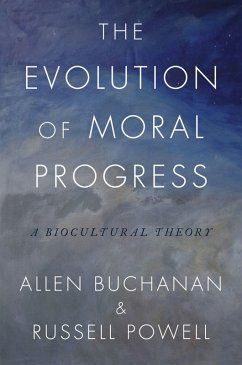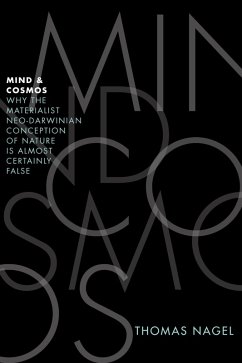
A Philosophy for the Science of Well-Being (eBook, PDF)
Versandkostenfrei!
Sofort per Download lieferbar
11,95 €
inkl. MwSt.
Weitere Ausgaben:

PAYBACK Punkte
6 °P sammeln!
Well-being, happiness and quality of life are now established objects of social and medical research. Does this science produce knowledge that is properly about well-being? What sort of well-being? The definition and measurement of these objects rest on assumptions that are partly normative, partly empirical and partly pragmatic, producing a great diversity of definitions depending on the project and the discipline. This book, written from the perspective of philosophy of science, formulates principles for the responsible production and interpretation of this diverse knowledge. Traditionally, ...
Well-being, happiness and quality of life are now established objects of social and medical research. Does this science produce knowledge that is properly about well-being? What sort of well-being? The definition and measurement of these objects rest on assumptions that are partly normative, partly empirical and partly pragmatic, producing a great diversity of definitions depending on the project and the discipline. This book, written from the perspective of philosophy of science, formulates principles for the responsible production and interpretation of this diverse knowledge. Traditionally, philosophers' goal has been a single concept of well-being and a single theory about what it consists in. But for science this goal is both unlikely and unnecessary. Instead the promise and authority of the science depends on it focusing on the well-being of specific kinds of people in specific contexts. Skeptical arguments notwithstanding, this contextual well-being can be measured in a valid and credible way - but only if scientists broaden their methods to make room for normative considerations and address publicly and inclusively the value-based conflicts that inevitably arise when a measure of well-being is adopted. The science of well-being can be normative, empirical and objective all at once, provided that we line up values to science and science to values.
Dieser Download kann aus rechtlichen Gründen nur mit Rechnungsadresse in A, B, BG, CY, CZ, D, DK, EW, E, FIN, F, GR, HR, H, IRL, I, LT, L, LR, M, NL, PL, P, R, S, SLO, SK ausgeliefert werden.













